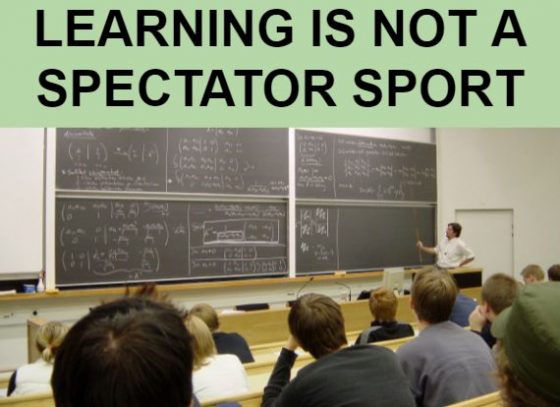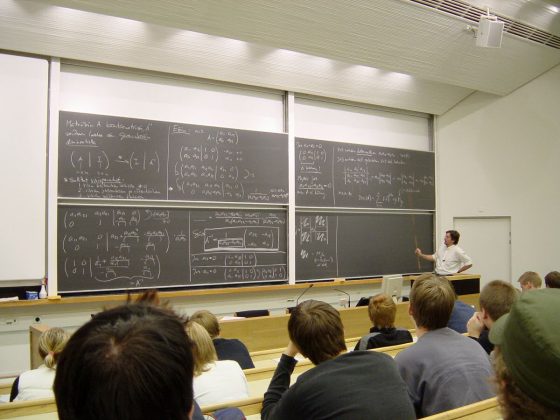
In this week’s blog: Podcasts, Learning as sporting event, Ex-Student Olympians, How I disappointed my Pre-Service teacher and why I’m teaching less and less.
This week I’ve been making the daily commute just a little more productive by listening to podcasts. @mrdzito recommended I check out BBC 4’s “The Educators” and I was instantly hooked. Just people talking about what their passion is in education.
Looking for a familiar name in the list, I happened upon an episode with John Hattie of “super huge meta-analysis/195 influences/effect sizes” fame. The interview was a fascinating one and gave a lot of context behind what most teacher have heard a lot about.
Over the course of the interview John was asked about how much teachers should talk. Rightfully, he said “it depends”. But he also said:
“Students shouldn’t come to school to watch the teachers work”
The boys school I teach in is a bit sports mad. For many, the dream is to one day represent the school in the 1st XV Rugby team. Maybe even the Wallabies.
This means I inevitably draw parallels between the classroom and sports.
Math exercises = training
Group work = Team work
Exam coming up = The Big Game
So in this world, I’m not really their teacher. I’m their coach.
So how does a coach give his players the best chance of success?
With Rio coming up in just a month, I’ve got a very special interest in one particular event. The Decathlon. Representing Australia will be an ex-student of mine, 21 year old Cedric Dubler.
Cedric, apart from being a hardworking and talented sports star, is also a keen videographer and vlogger. In the lead up to the games, he is posting weekly videos that chronicle his training each week. It is really fascinating viewing.
[youtube https://www.youtube.com/watch?v=videoseries?list=PLGppna5cJSC5cnZwG1VkjkfQsM9lx3d1y]
The interesting thing about these videos is watching Cedric train. Throughout the video series you’ll catch glimpses of Cedric’s coach keeping a watchful eye over things. But for the most part…
It’s the athlete that’s doing the work.
I had a pre-service teacher come to visit my classroom a few months ago. As usual, my students walked in, pulled their laptops out and started working on wherever they were up to. Small groups of students started working together, some individuals were watching video lessons and I was having small group or one on one discussions with students. The bell rang, I checked in with individuals as they walked out and the lesson was over.
Critically, at least in the pre-service teacher’s mind, I didn’t once address the entire class as a group.
In our debrief, the pre-service teacher had quite a few questions about the weird scene she’d just witnessed. But in essence, what she really wanted to know…
“Why don’t you do any teaching?”
Because I’m a teacher, I should do lots of teaching right? You know, teaching? It looks like this.

Is it possible, that if I teach less, my students will learn more?
Edit: Want to see how I arrange my classroom to facilitate this? Blog Post: Why do Classrooms have Fronts?
Another excellent post. You are describing so much that I have come to question as assumptions about what expert teaching really is. A few years ago a lightbulb moment for me was when I discovered that my job as a teacher was to remove the barriers for learning and my students would naturally tell me what they needed to move forward. What are the barriers in front of my learners and how can I be smart about removing them through the methods I implement? Engagement, motivation, self-regulation, mindset, my expectations, my systems, etc. Because as Hattie points out, it is always our practice and pedagogy that has the most influence on learning outcomes.
Ideally, successful teaching means that students no longer need us to know HOW to learn, right?